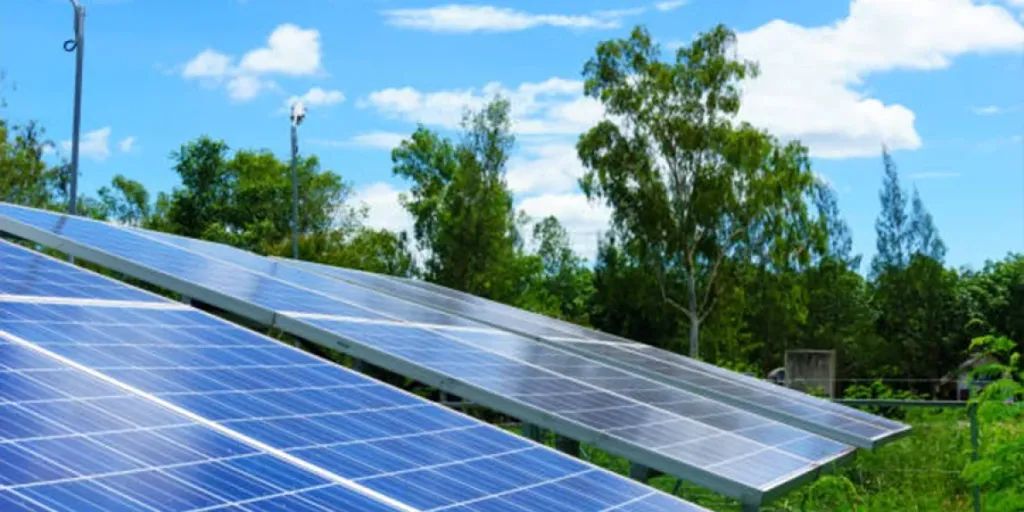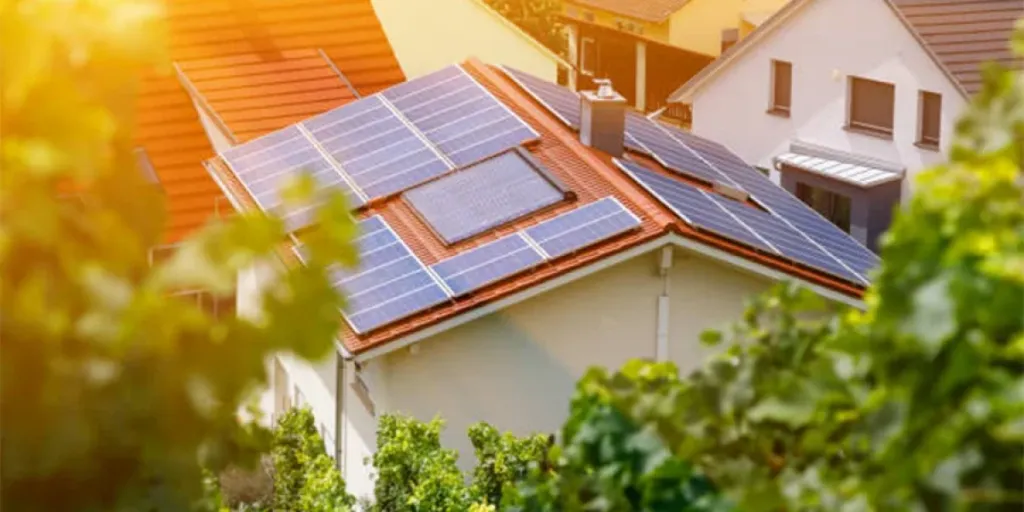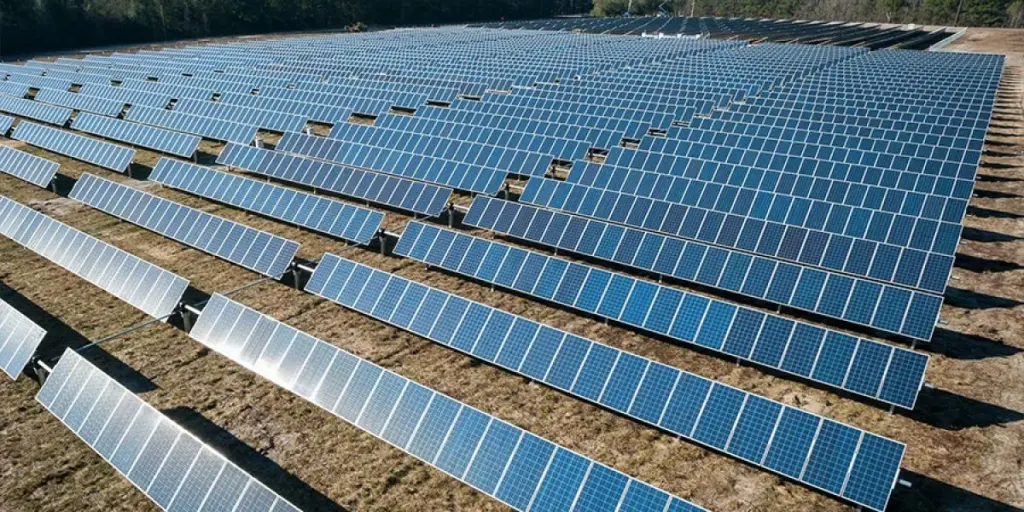- US can achieve its decarbonization goals faster if the c-Si solar supply chain is completely local, according to a Cornell Engineering research
- By 2030, GHG emissions can then come down by 30% over 2020 and by 2050 it will be a reduction of 33%
- Fully reshored c-Si manufacturing supply chain in the US will help the market mitigate challenges related to production disruption, compete with demand from other industries or countries
If solar panel manufacturing can fully return to the US by 2035, resulting GHG emissions can come down by 30% and energy consumption will cut by 13% over 2020 which, according to the Cornell University, can help the country achieve its decarbonization goals faster and reduce climate change faster too.
Further if the reshored manufacturing target is achieved by 2050, climate change and energy impacts are likely come down by 33% and 17%, respectively compared to 2020.
Manufacturing crystalline silicon (c-Si) PV panels in the country will take care of logistical challenges and also bring down GHG emissions, according to Cornell Engineering research Reshoring Silicon Photovoltaics Manufacturing Contributes to Decarbonization and Climate Change Mitigation. It was published in Nature Communications.
“As solar photovoltaic panels emerge as a major power source that will characterize the US energy market for the remainder of the 21st century, manufacturing and sourcing panels here will align with our climate targets and our energy policy goals,” said Co-Author of the paper Haoyue Liang.
Solar is targeted to account for 40% of the national electricity demand of the US by 2035 which could further scale up to nearly half of all electricity supply by 2050. To meet this demand from imported panels will not be a sustainable solution in the wake of high freight costs and geopolitical tensions that the globalized supply chain for c-Si panels has suffered of late.
With the Inflation Reduction Act (IRA) providing necessary impetus for domestic solar manufacturing to scale up, the research writers looked at climate implications of a delayed reshoring schedule.
The team performed a comparative and prospective life cycle assessment (LCA) study of several reshored manufacturing scenarios and outsourced manufacturing cases to examine the energy and climate impacts of the US fully doing away with foreign supplies.
Comparison was made between a reshored scenario in 2020 with the outsourced case in the same year to investigate the impact of switching from offshore manufacturing to domestic production of c-Si panels.
“Compared with relying on global supplies (offshore case) in 2020, domestic manufacturing of c-Si PV modules in the US reduces GHG emissions by 23% and energy use by 4%. The offshore case in 2020 mainly relied on supplies from Malaysia (38%), Vietnam (21%), Thailand (17%), South Korea (9%), China (6%), and Singapore (3%),” reads the paper.
The researchers create ‘reasonable predictions’ for scenarios that involve a US centered domestic supply of solar panels that could develop a competitive supply chain in regions like Alabama, Florida and Georgia.
Stating that no alternative PV technology can replace c-Si ‘quickly enough’ for the US to achieve power sector decarbonization by 2035, the researchers argue that developing a local supply chain of c-Si modules mitigate challenges related to production disruption, compete with demand from other industries or countries, and maintain a robust US domestic solar manufacturing leadership.
However, it looks like the US solar manufacturing industry will be established quickly thanks to the IRA. Several PV companies have announced to set up PV factories over the last few months, the first one, Hanwha Q Cells from Korea, even planning a vertically integrated fab – from wafers to modules. Last week alone, 2 companies from China announced plans to set up module manufacturing in the US, including the world’s largest PV company, LONGi Group; the other was Hounen, publishing plans for 1 GW module capacity in South Carolina.
Source from Taiyang News
The information set forth above is provided by Taiyang News independently of Chovm.com. Chovm.com makes no representation and warranties as to the quality and reliability of the seller and products.





 বাংলা
বাংলা Nederlands
Nederlands English
English Français
Français Deutsch
Deutsch हिन्दी
हिन्दी Bahasa Indonesia
Bahasa Indonesia Italiano
Italiano 日本語
日本語 한국어
한국어 Bahasa Melayu
Bahasa Melayu മലയാളം
മലയാളം پښتو
پښتو فارسی
فارسی Polski
Polski Português
Português Русский
Русский Español
Español Kiswahili
Kiswahili ไทย
ไทย Türkçe
Türkçe اردو
اردو Tiếng Việt
Tiếng Việt isiXhosa
isiXhosa Zulu
Zulu